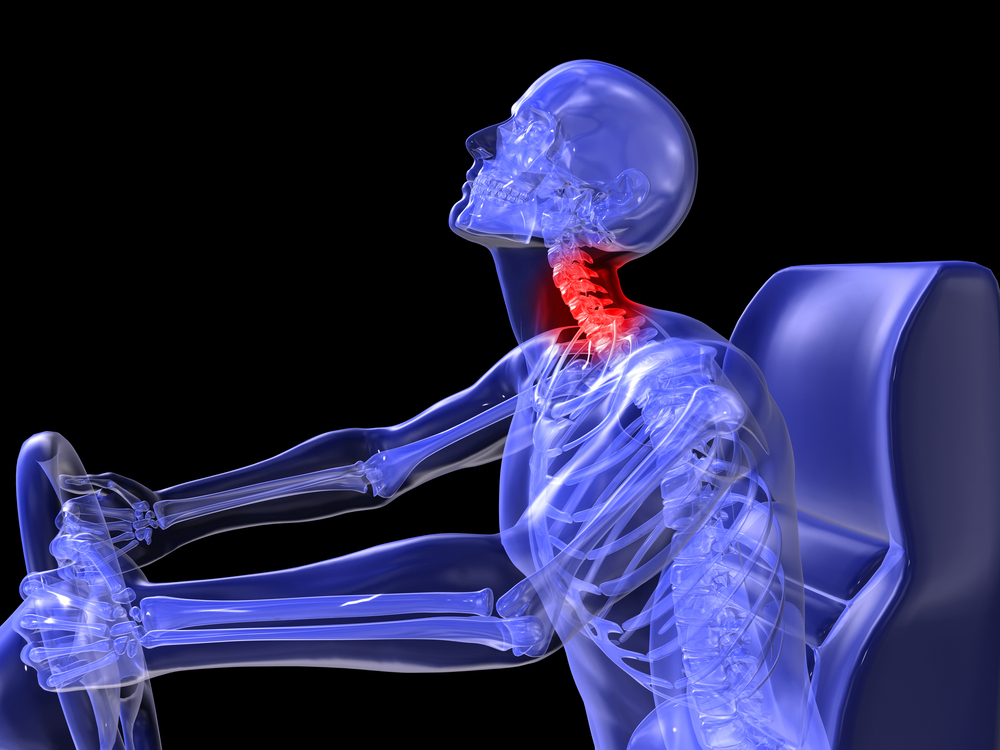No car accident lawyer’s blog is complete without a post about whiplash. This is undoubtedly the most common of all the injuries from car accidents. In this post, we’ll go over what a whiplash injury is, how they’re sustained, and what to expect in the way of compensation.
WHIPLASH
Whiplash is a general term for neck injuries caused by forced, fast, back-and-forth flexing of the neck. Faster and harder than the body can stand without injury. The damage is usually to soft tissues like muscles, ligaments, and tendons. Nearly all whiplash injuries are technically sprains or strains. Not all neck strains and sprains, though, are whiplash.
As with sprains and strains elsewhere in the body, the signs of whiplash tend to appear within 24 hours of the injury. Not always, though. The classic signs are:
- Neck pain
- Neck stiffness
- Dizziness
- Headaches
- Loss of range of motion in the neck
- Fatigue
- Pain the back, upper arms, and/or shoulder
- Numbness or tingling in the arms
In more severe cases, symptoms such as blurred vision and altered consciousness can develop. Sometimes whiplash is worse than just sprain or strain. There can be an injury to the upper spinal column, discs, or nerves.
CAUSES OF WHIPLASH INJURY
Car accidents are, of course, the common cause of whiplash injuries. The rear-ender is the usual culprit. Today’s mandatory headrests are meant to protect occupants of a car being rear-ended from the backward snap of the head on impact.
CLAIMS?
Whiplash injuries themselves are, thankfully, usually not grave. Most cases resolve completely with a few weeks of conservative treatment. For this reason, whiplash injuries are not often litigated in Florida. Our Personal Injury Protection (PIP) auto insurance feature usually covers related expenses. The cap on PIP compensation is $10,000, and this very often is enough.
That said, it’s still wise to contact a Boca Raton car accident lawyer as soon as practicable after an accident with any injury. There are factors that can transform a seemingly-mild whiplash injury into one serious enough to file a claim against the other driver. Complications and even permanent injuries develop more often in older victims. Pre-existing conditions made worse by whiplash can also be grounds for a claim. A previous whiplash injury, especially, predicts worse outcomes. Under Florida law, compensation for pain and suffering requires that an injury be permanent. While this is not common with whiplash, it does happen.




